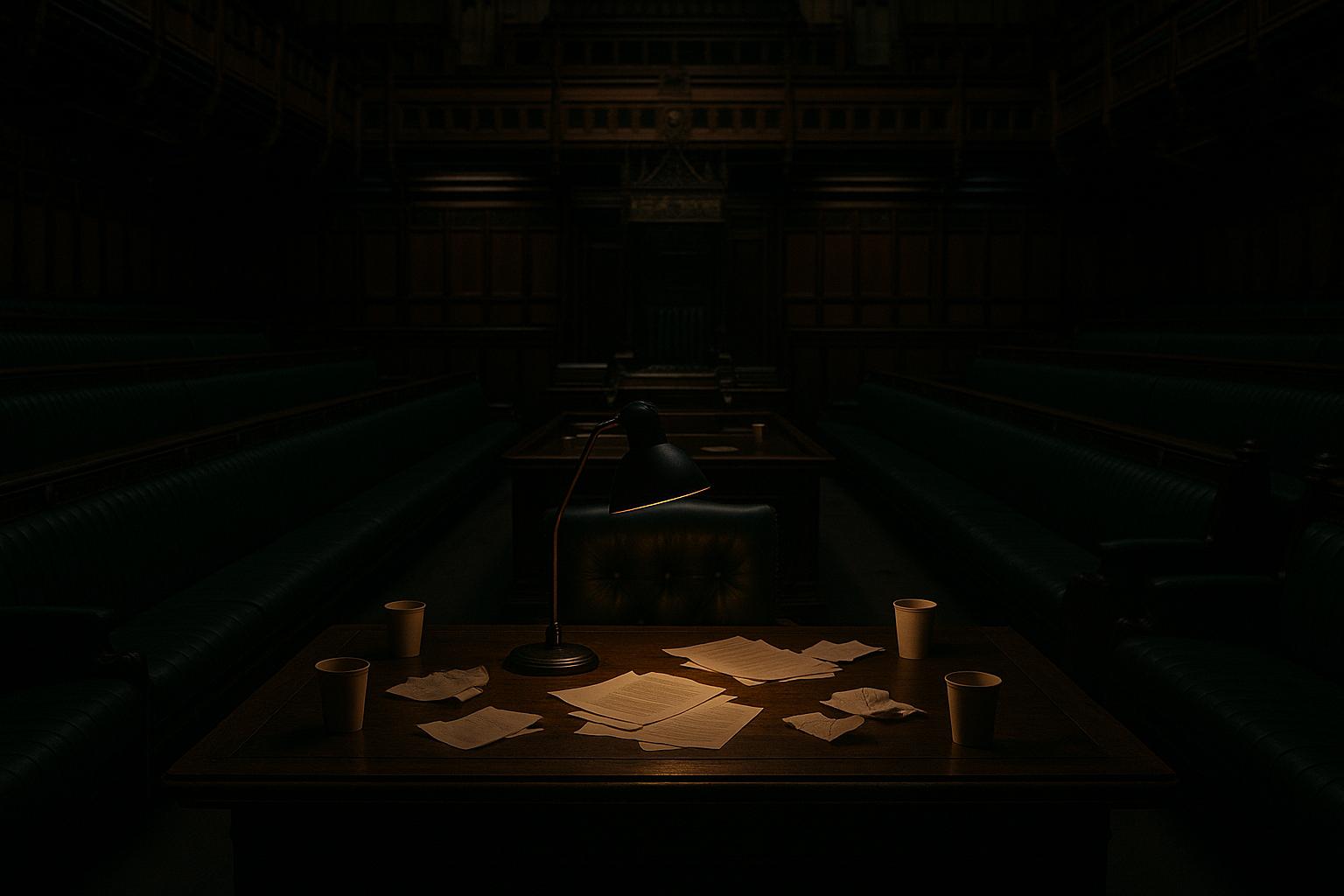The UK Parliament has been flagged as vulnerable to foreign interference following the decision to drop espionage charges against two men accused of spying for China. Sir Lindsay Hoyle, Speaker of the House of Commons, expressed deep concern that the move effectively grants Beijing a "licence to operate" within Westminster, heightening risks from foreign actors. Speaking to The Times, Sir Lindsay emphasised the imperative to close this security gap firmly, stating that all available measures must be pursued to protect MPs and parliamentary staff from espionage attempts.
The men, Christopher Cash, a parliamentary researcher with ties to Conservative MPs and the director of the China Research Group, and Christopher Berry, an academic formerly teaching in China, had been charged under the Official Secrets Act for alleged espionage activities from late 2021 to early 2023. They were accused of collecting and passing information potentially "useful to an enemy," specifically targeting the China Research Group of MPs, a cross-party group concerned with China policy. Both men denied the allegations.
The charges were dropped abruptly after nearly two years of proceedings, with prosecutors citing an "evidential failure" that meant the case no longer met the threshold for a realistic prospect of conviction. Stephen Parkinson, the chief prosecutor for England and Wales, acknowledged public and parliamentary frustration at the case’s collapse but insisted there was no external pressure influencing the decision. Parkinson noted that at the time of charging, the evidence was deemed sufficient, but challenges arose partly because of the difficulties in legally proving China as an "enemy" under the century-old Official Secrets Act of 1911. He also highlighted that new legislation under the National Security Act 2023 offers a broader legal framework for handling espionage and foreign interference going forward.
Sir Lindsay’s response following the CPS decision was strong and public. He revealed plans to explore all strategic, operational, and legal avenues, including the possibility of a private prosecution to ensure Parliament’s security. He has formally protested to the Home Secretary and voiced his dissatisfaction over the drawn-out nature of the case, saying that it was "not good or good enough" that it took two years for the charges to be dropped.
The decision has drawn criticism from across the political spectrum. Prime Minister Keir Starmer’s office described the alleged espionage as "gravely concerning," underscoring that foreign interference in British democracy is intolerable. Lawmakers like Alicia Kearns, a shadow home office minister and former foreign affairs committee chair, voiced scepticism over the dropping of charges, citing concerns about evidence linking the accused to the Chinese Communist Party. The Chinese Embassy has categorically denied the allegations, calling them "malicious slander."
The case has spotlighted the increasing surveillance and intelligence threats facing UK institutions. It also underscores the complexities of prosecuting espionage in an era of evolving geopolitical tension, especially when legal frameworks struggle to keep pace. Both accused men spoke publicly after charges were dropped, asserting their innocence and criticising the impact the prolonged proceedings had on their lives.
In this context, Sir Lindsay Hoyle’s warnings serve as a clarion call for a reevaluation of how Parliament and national security agencies counter foreign infiltration. The intersection of parliamentary privilege, national security, and evolving espionage laws presents significant challenges for safeguarding democratic processes against covert foreign influence.
📌 Reference Map:
- Paragraph 1 – [1], [3], [6]
- Paragraph 2 – [1], [2], [4], [5], [6]
- Paragraph 3 – [1], [3], [6]
- Paragraph 4 – [1], [3], [5], [6]
- Paragraph 5 – [2], [5]
- Paragraph 6 – [1], [2], [4], [5]
- Paragraph 7 – [1], [2], [3], [6]
Source: Noah Wire Services
